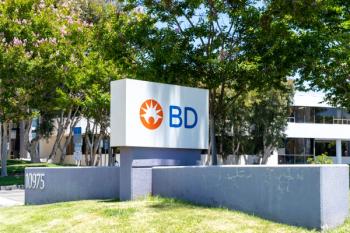
LCGC Europe eNews
- LCGC Europe eNews-01-09-2009
- Volume 0
- Issue 0
Reducing acetonitrile usage
Waters Corporation claims that by replacing traditional high performance liquid chromatography (HPLC) with its ACQUITY UltraPerformance LC (UPLC), acetonitrile consumption could be reduced by at least 70% without compromising productivity and performance.
As the pharmaceutical, food, environmental and chemical industries face the most severe acetonitrile shortage in history, a solution must be found to maintain critical laboratory productivity. Waters Corporation claims that by replacing traditional high performance liquid chromatography (HPLC) with its ACQUITY UltraPerformance LC (UPLC), acetonitrile consumption could be reduced by at least 70% without compromising productivity and performance.
"Laboratory-dependent businesses and government agencies around the world are facing difficult decisions," explains Rohit Khanna, vice president of global marketing for the Waters Division. "There is simply not enough acetonitrile available to efficiently run their labs using traditional liquid chromatography technology."
According to the company, because the system operates with a wider velocity range, higher flow-rates and greater backpressures; UPLC uses significantly less solvent, including acetonitrile. The result is the ability to maintain or improve lab productivity and performance without the increased costs and external pressures associated with the current acetonitrile shortages.
For further information on ACQUITY UPLC, method validation and the related case studies, visit Waters Corporation’s website at
Articles in this issue
about 17 years ago
Partnership to develop MIPsNewsletter
Join the global community of analytical scientists who trust LCGC for insights on the latest techniques, trends, and expert solutions in chromatography.




